With so many different brands – and products — to choose from it’s likely no surprise that consumer loyalty has been on a long decline. But some manufacturers still stand out, and Ford Motor Co. comes out on top according to the latest study by S&P Global Mobility. Headlight.News looks at the other winners – and why Tesla was an “unprecedented” loser.
There was a time when U.S. new vehicle buyers seldom switched brands. But those days are long gone –and for obvious reason considering we’ve gone from the days when a handful of Detroit manufacturers ruled the market to an era when shoppers also can turn to an array of European and Asian alternatives.
Still, a few automakers continue to bring buyers back, year after year, when it’s time to trade in.
Ford Motor Co. topped all brands, according to the latest automotive loyalty study by S&P Global Mobility, with nearly six in 10 Ford owners trading in for another product bearing the Blue Oval Logo. That said, General Motors had the highest loyalty rate of all “multi-brand manufacturers,” S&P found, with a nearly seven out of 10 return rate.
But one brand stood out, according to the new study: Tesla posting what on S&P analyst called an “unprecedented” plunge in owner loyalty.
Loyalty on the decline
Consumer loyalty has been on the decline for a number of years, whether you’re talking airlines, telecom companies or automobile manufacturers. And that’s despite endless corporate efforts to keep buyers in the fold.
The auto industry has had a particularly hard time of it for a variety of reasons, experts suggest. For starters, there are simply more and more brand alternatives. Tesla, for example, began the decade as the single best-selling brand in California, the largest auto market in the U.S., luring buyers away from traditional brands. Meanwhile, motorists have been given a plethora of product choices shaking up traditional buying habits, and the shift from conventional sedans and coupes to SUVs and CUVs has brought with a significant change in loyalty patterns.
Whatever the reason, owner brand loyalty fell to just 51.1% for the first half of this year, according to S&P, a 1.4 percentage point decline from the same period in 2024. That’s actually a bit better than the trough the industry fell into during COVID, loyalty rates plunging to 50.6% during 2022 and 2023.
![]() “Households are returning to market, but many are open to cross-shopping in ways we didn’t see during the height of pre-pandemic loyalty,” said Vince Palomarez, Associate Director, Loyalty Product Management, S&P Global Mobility.
“Households are returning to market, but many are open to cross-shopping in ways we didn’t see during the height of pre-pandemic loyalty,” said Vince Palomarez, Associate Director, Loyalty Product Management, S&P Global Mobility.
The winners
S&P’s study, based on vehicle registration data, did have a positive side for the industry, as a whole, with market volume rising 4.2% year-over-year. That’s the third consecutive annual upturn, though some analysts warn demand is starting to slow due to tariff-related price hikes.
Among individual automakers, General Motors had a 68.1% loyalty rate during the first half of 2025, meaning nearly seven in 10 owners returned to market for a GM product – though they might have traded in a Chevy for a Buick, as an example.
Ford Motor Co,’s flagship “Blue Oval” marque had a 58.9% brand loyalty rate – which did not include the relatively small number of Ford owners who might have traded-in on the upscale Lincoln brand.
Mini had the strongest loyalty increase, according to the study, gaining 4.6 percent points year-over-year. And the Chevrolet Equinox was the nameplate with the highest loyalty rate, though only slightly more than four in 10 owners – 42.7% to be precise – traded in on another one.
More Auto News
- Study Finds Owners More “Passionate” Than Ever About Their Vehicles
- Who Topped the 2025 JD Power IQS?
- Study Finds Automatic Emergency Braking Can Prevent Crashes, Save Lives
The losers
More than half of the brands included in the study saw their loyalty rates decline by at least one percentage point, noted S&P – which didn’t release data on the lowest-ranked manufacturers.
Among the weaker marques, Italian brands owned by Stellantis, such as Fiat and Alfa Romeo.
But there was an “unprecedented” plunge in loyalty at Tesla which saw its loyalty rate plunge from a record high of 73% at the end of March 2024 to just 49.9% at the conclusion of June 2025, said S&P analyst Tom Libby, adding that he has “never seen this rapid of a decline in such a short period of time.”
Tesla’s decline has itself been blamed on a variety of factors, including slowing growth in the EV sector and a rapid expansion in competing products. But several studies have found a sizable exodus of once-loyal, typically left-leaning Tesla buyers who were angered by CEO Elon Musk’s shift to the political right and his role in the Trump administration’s Department of Government Efficiency.

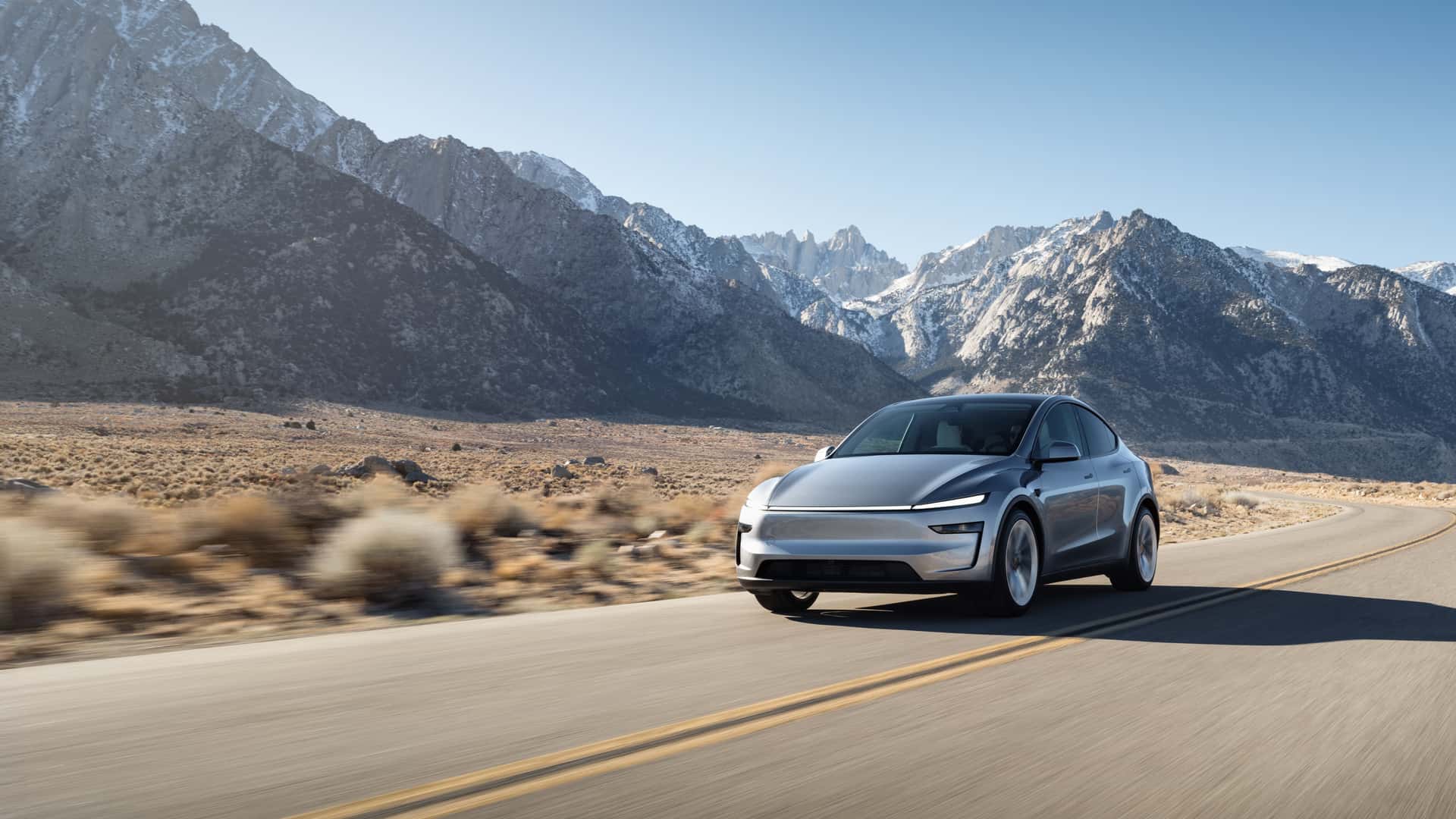
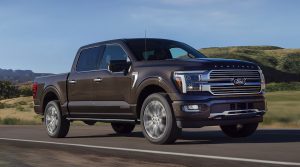

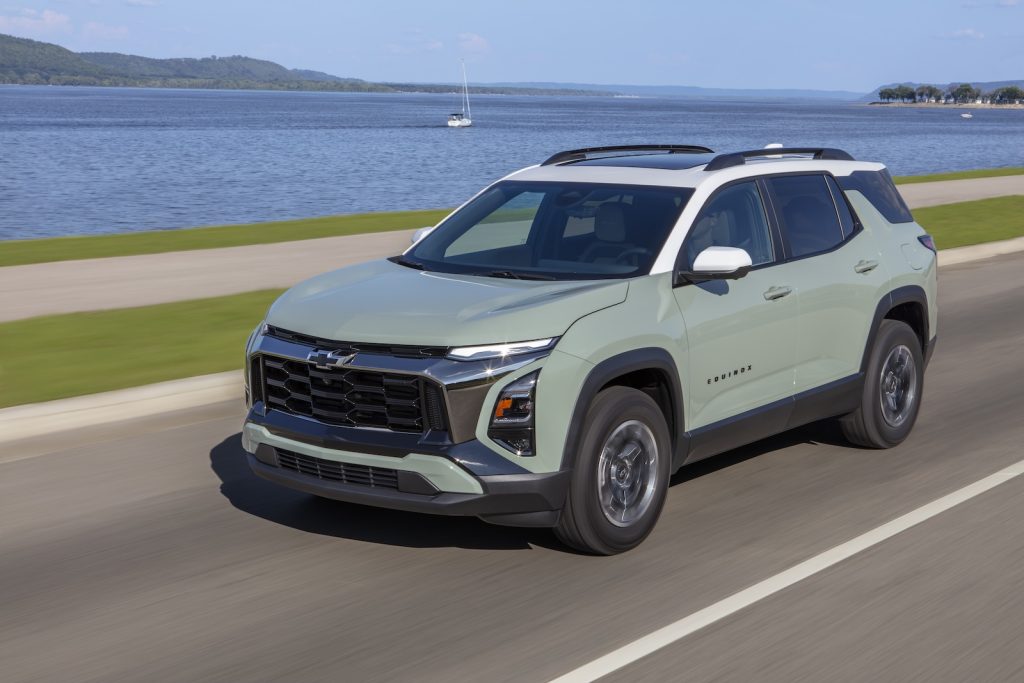
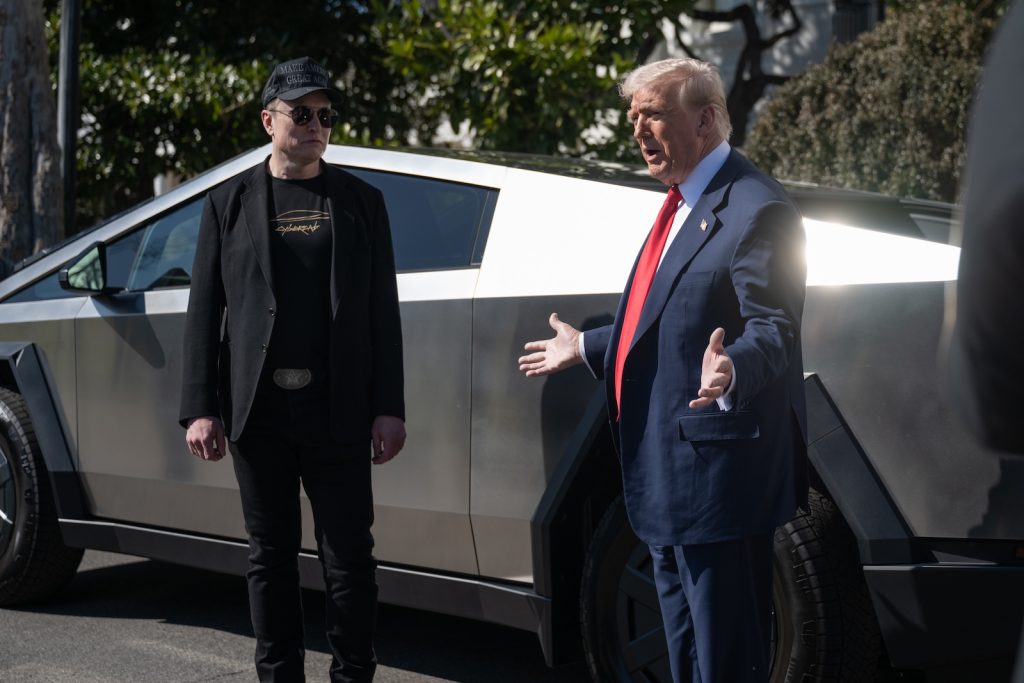
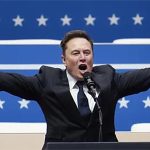


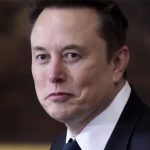


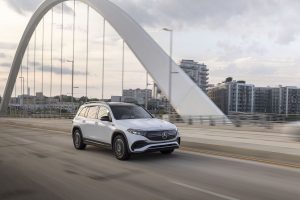

You weren’t very clear, did Tesla loyalty go up or down? You may want to clarify.
Strange, I find it quite clear that their loyalty collapsed.